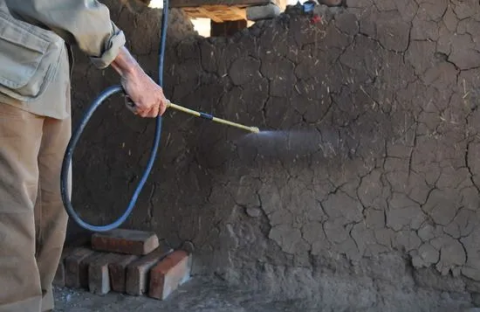
UNITAR Online Catalogue
Public Health and Pesticides

The Defeat NCD Partnership
Background
For vector and pest control, different methods and strategies are available and several of them involve the use of pesticides. This course guides participants through a process of decision making for implementation, by adopting best practices of public health pesticide management.
Event Objectives
- Design and implement effective strategies for the control of a vast range of disease vectors and domestic pests in urban and rural settings.
- Describe how to improve the management of public health pesticides throughout their lifecycle;
- Explain the methods and integrated strategies for vector and pest control, their cost-effectiveness, and sustainability; and
- Illustrate WHO’s policies, strategies, and guidelines for using pesticides in public health.
Content and Structure
Approximate course duration: 5 hours
Methodology
For vector and pest control, different methods and strategies are available and several of them involve the use of pesticides. Depending on the local context, public health authorities need to carefully design the most suitable integrated strategy, by managing pesticides according to WHO and national guidelines, in order to ensure human, animal and environmental safety and to prevent the development of insecticide resistance. This course guides participants through a process of decision-making for implementation by adopting best practices of public health pesticide management.
Targeted Audience
The target audience for this course includes public health authorities and the managers, as well as technical staff of vector control programmes
Additional Information
Assessment & Awards
You will receive a Confirmation of Participation upon completing all the modules in this course. Please note that this award does not serve as a professional qualification.
Other information
Guidance note
The content of this course has been validated, verified, and is owned by the WHO Neglected Tropical Diseases unit.
This course is not a WHO Academy co-produced course. In case of any concerns or feedback on the course content, please share your feedback in the survey form at the end of this course.
Browser and device compatibility
For the best experience, we recommend using the latest version of Chrome, Firefox, Safari, or Microsoft Edge to access the courses.
Produced by: WHO Neglected Tropical Diseases unit